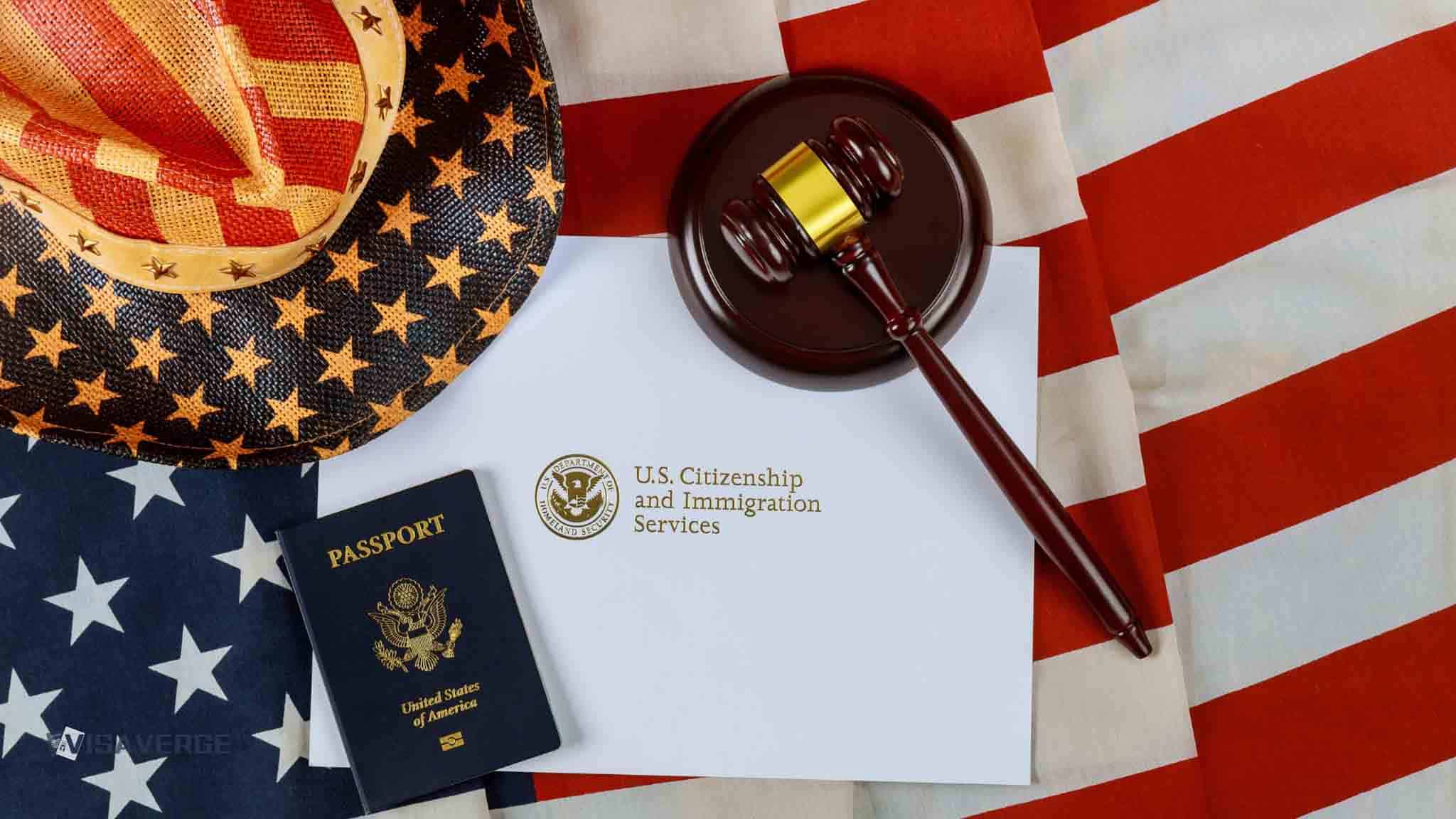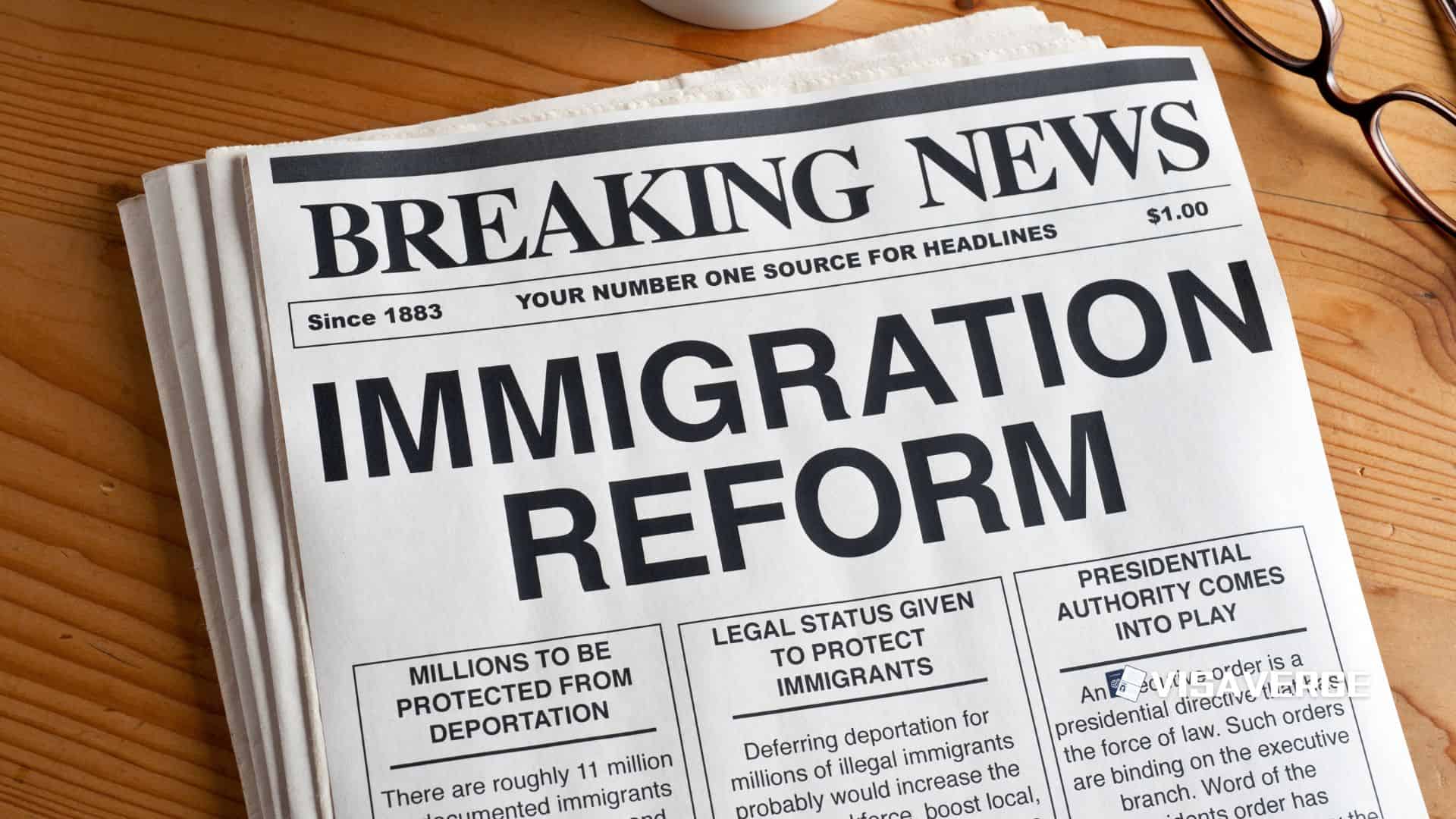(U.S. Citizenship and Immigration Services) USCIS has restored a rigorous, holistic standard for assessing Good Moral Character in naturalization cases. The agency will now weigh an applicant’s full life story—both positive contributions and any misconduct—under a “totality of circumstances” approach guided by section 101(f) of the Immigration and Nationality Act (INA).
While certain crimes permanently bar naturalization, many cases will turn on whether the applicant shows real community ties, responsibility, and reform. The standard of proof is “preponderance of the evidence,” meaning you must show it is more likely than not that you meet all requirements.

Who can qualify under the renewed Good Moral Character standard
USCIS evaluates Good Moral Character by asking whether your character matches the standards of average citizens in your community. You must show you “have been and still are” a person of Good Moral Character during the statutory period under INA 316(a).
Officers will now place greater weight on affirmative proof of strong character. Positive factors include:
- Sustained community service or civic involvement
- Family caregiving and responsibility in the United States
- Educational attainment and progress
- Stable, lawful employment and workplace achievements
- Length of lawful residence in the United States
- Timely tax filing, payment of taxes, and general financial responsibility
According to analysis by VisaVerge.com, USCIS’s renewed focus on the whole person means applicants should present clear, credible evidence of their day-to-day conduct, not just the absence of arrests or charges.
What can disqualify you: permanent bars, conditional bars, and other conduct
USCIS will scrutinize any act that undermines Good Moral Character. The law sets out both permanent and conditional bars. Officers may also consider conduct that falls short of community standards even if the act is not a crime.
- Permanent bars to Good Moral Character
- Murder
- An “aggravated felony” as defined in
INA 101(a)(43)(for offenses on or after November 29, 1990) - Heinous acts such as persecution, genocide, torture, or severe violations of religious freedom
If a permanent bar applies, no exception exists.
- Conditional bars to Good Moral Character
- Controlled substance violations
- Multiple DUI convictions
- False claim to U.S. citizenship
- Unlawful voter registration or unlawful voting
- Certain fraud or misrepresentation
These can defeat Good Moral Character unless offset by strong, credible evidence and circumstances, as allowed by the INA’s catch-all clause in101(f).
- Other acts contrary to community standards
- Even technically lawful behavior can count against you if it shows poor civic responsibility.
- Examples: reckless or habitual traffic violations, harassment, or aggressive solicitation.
Court and agency decisions support this balanced approach. For example:
– In Hussein v. Barrett, a federal court noted that education, family duties, and employment matter when weighing character.
– In Matter of Castillo-Perez, the Attorney General explained that repeated criminal conduct—like multiple DUIs—undermines Good Moral Character unless rebutted with clear proof of reform.
Evidence that helps show Good Moral Character
Because USCIS uses a totality-of-circumstances review, the best cases present a layered record. Useful documentation can include:
- Community letters from credible sources (faith leaders, teachers, coaches, union stewards, nonprofit directors) describing concrete, recent contributions
- Proof of family caregiving: guardianship records, special-needs care plans, or consistent child support payment history
- Education records: diplomas, transcripts, industry certificates, English or civics class completion
- Employment records: pay stubs, HR letters, awards, work safety or training certificates, steady W-2s
- Tax compliance: IRS transcripts, filed returns, proof of payment plans fully met
- Length of lawful residence: leases, mortgage statements, utility bills, school registrations, community membership records
If you had past problems, evidence of rehabilitation can strongly support Good Moral Character, such as:
- Proof you corrected overdue child support or other family obligations
- Court records showing successful completion of probation or other conditions
- Mentoring or outreach to help others avoid similar mistakes
- Community testimony about your sustained reform
- Full repayment of any overpaid public benefits
- Full payment of overdue taxes and fees
How USCIS evaluates: standard of proof and interview focus
The law requires USCIS to apply the preponderance of the evidence standard for all naturalization requirements, including Good Moral Character. Officers may grant or deny after weighing all relevant evidence, favorable and adverse.
The INA’s catch-all clause allows a finding that a person lacks Good Moral Character even when no listed bar applies, if the conduct shows poor character under community standards.
At the interview, officers may:
- Review records from courts and agencies.
- Ask detailed questions about arrests, citations, voting, tax filing, and benefits.
- Probe the reasons behind any misconduct and what you’ve done since then.
- Evaluate how your daily life shows responsibility and respect for the law.
USCIS has stated it will “review all available documentation and question” applicants about actions that raise concern, including patterns of reckless driving or harassment.
Important: Officers will weigh both favorable and unfavorable evidence. Be prepared to explain past conduct and show supporting documentation of reform and responsibility.
Rehabilitation and second chances
The restored policy highlights genuine reform. If you made mistakes, USCIS will look for real change over time, not just promises. Strong signs of rehabilitation include:
- Reliable work history after the incident
- Completed treatment or education tied to the issue (e.g., alcohol education after a DUI)
- A clean record since the event, with no repeat conduct
- Concrete service to the community and family
- Verified repayment of debts, taxes, or benefits
Practical tips to prepare and common concerns
- Be honest and complete. Failing to disclose an arrest, citation, or vote is often worse than the event itself.
- Document the good. Build a clear file of community service, family care, study, and work progress—for several years if possible.
- Fix what you can. Pay taxes, child support, fines, or fees; complete any classes or counseling ordered by a court.
- Avoid new violations. Even minor repeat issues can sway officers against you.
- Gather credible voices. Ask respected community members for letters that describe specific examples of your civic behavior.
- Explain past conduct. Prepare a simple, truthful statement of what happened, why it was wrong, and how your life is different now.
- Bring records to back up every claim. Officers rely on documents more than promises.
- Know that some bars are absolute. If a permanent bar applies, speak with qualified counsel before applying.
Official resource
For USCIS’s official guidance on Good Moral Character, see the USCIS Policy Manual, Volume 12, Part F: https://www.uscis.gov/policy-manual/volume-12-part-f
This renewed approach by U.S. Citizenship and Immigration Services (USCIS) restores balance: the law still blocks the gravest offenses, but many applicants can meet the Good Moral Character requirement by showing steady, responsible lives, real ties to their communities, and credible proof of reform where needed.
Frequently Asked Questions
This Article in a Nutshell
USCIS restored a holistic Good Moral Character review under INA 101(f), weighing misconduct and positive contributions. Applicants should submit layered evidence: community service, tax compliance, stable employment, education, caregiving, and records of rehabilitation to meet the preponderance-of-the-evidence standard during N-400 naturalization interviews and adjudication.













